Britannia Mine Museum Showcases Unique and Useful Properties of Copper in Summer Exhibit
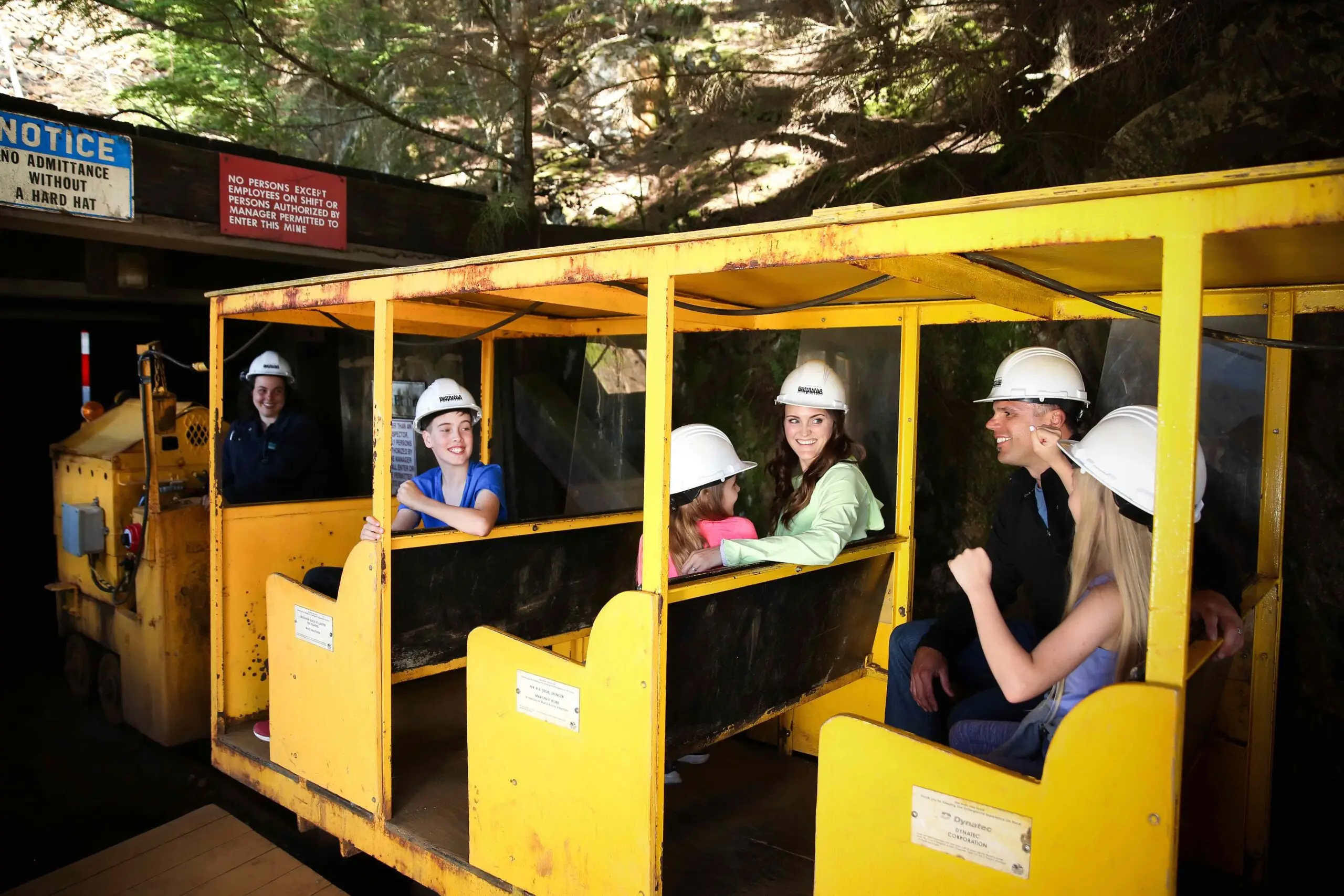
Just in time for the latest lifting of travel restrictions within B.C., the Britannia Mine Museum is introducing a new summer exhibit, “Connected by Copper: From Cells to Cell Phones.”
Running now to September 7th at the Museum’s Machine Shop, the exhibit explores how copper has been entwined in our lives and delves into the unique uses of the metal since ancient times. It also extends from last year’s Bug Buster exhibit showcasing the protective properties of copper that helps protect us from harm.
“We had great success with last year’s Bug Buster exhibit especially since the subject matter of copper having antimicrobial properties is so pertinent with today’s pandemic,” says Derek Jang, Manager of Interpretive Delivery at the Britannia Mine Museum. “This year, we wanted to expand upon the usefulness and relevancy of copper and look at other ways copper is helpful in protecting us, whether it’s being an essential trace mineral in our bodies, lighting up the darkness, connecting us to the internet and technologies, or how it’s used in high touch surfaces because of its bug-busting abilities.”
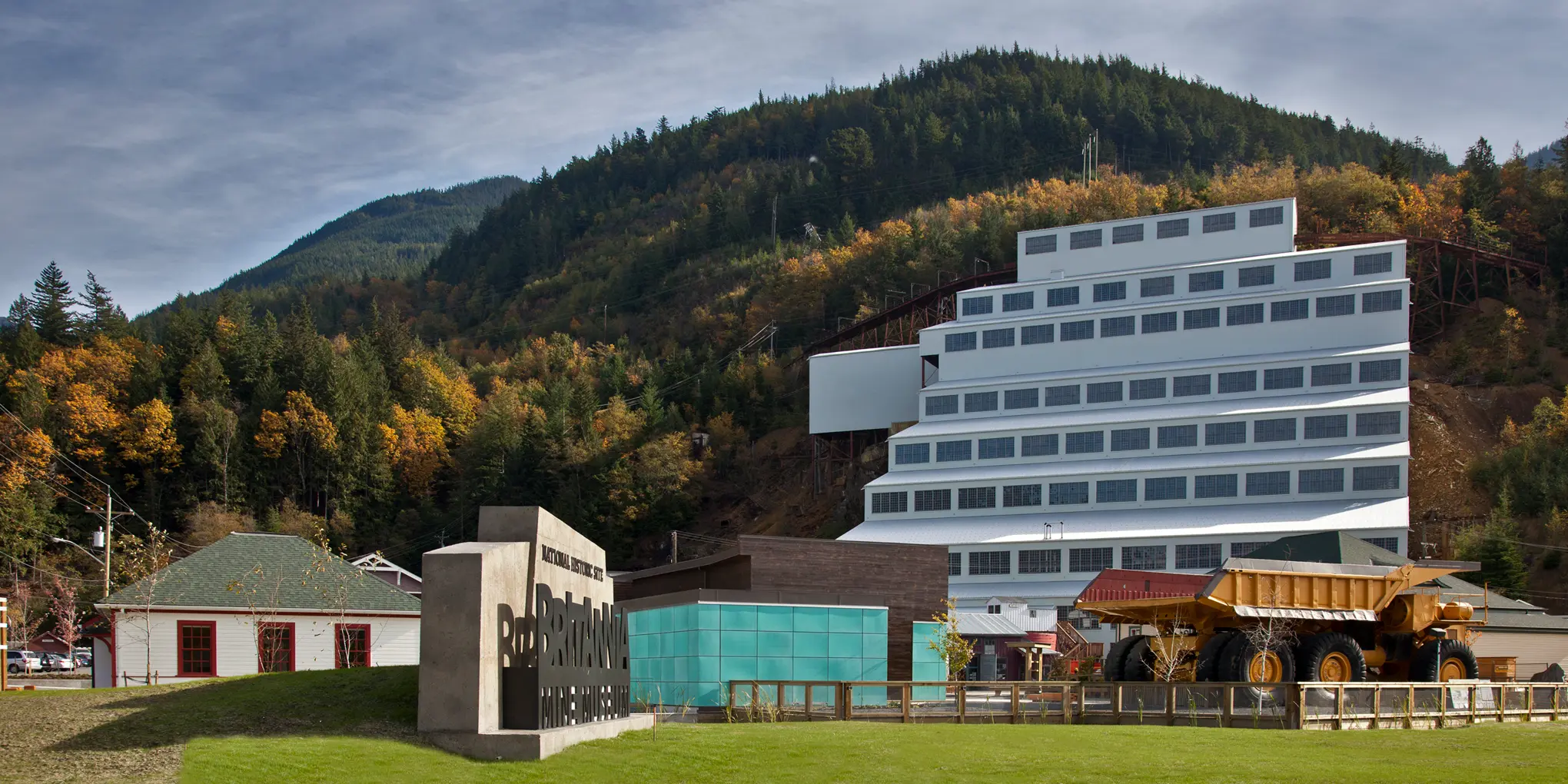
The “Connected by Copper: From Cells to Cell Phones” exhibit features a variety of displays including a floor-to-ceiling 3D DNA structure that showcases how copper is used in products to protect us from harm, as well as an electric light selfie photo station, demonstrating how copper lights up our world.
A bonus feature of this year’s exhibit is a digital display showcasing how TransLink has used copper to help kill bacteria on buses and SkyTrain cars. TransLink was the first transit agency in North America to test copper on transit surfaces in partnership with Teck Resources Limited, Vancouver Coastal Health, VGH & UBC Hospital Foundation, Coalition for Healthcare Acquired Infection Reduction, and the University of British Columbia. The partnership was part of TransLink’s COVID-19 response through its Safe Operating Action Plan and was fully funded by Teck, as part of its Copper & Health program. Based on sample-testing performed on transit and in a lab, the study concluded that select copper products on transit are durable and kill up to 99.9 per cent of all bacteria within one hour of the bacteria’s contact with the surface.
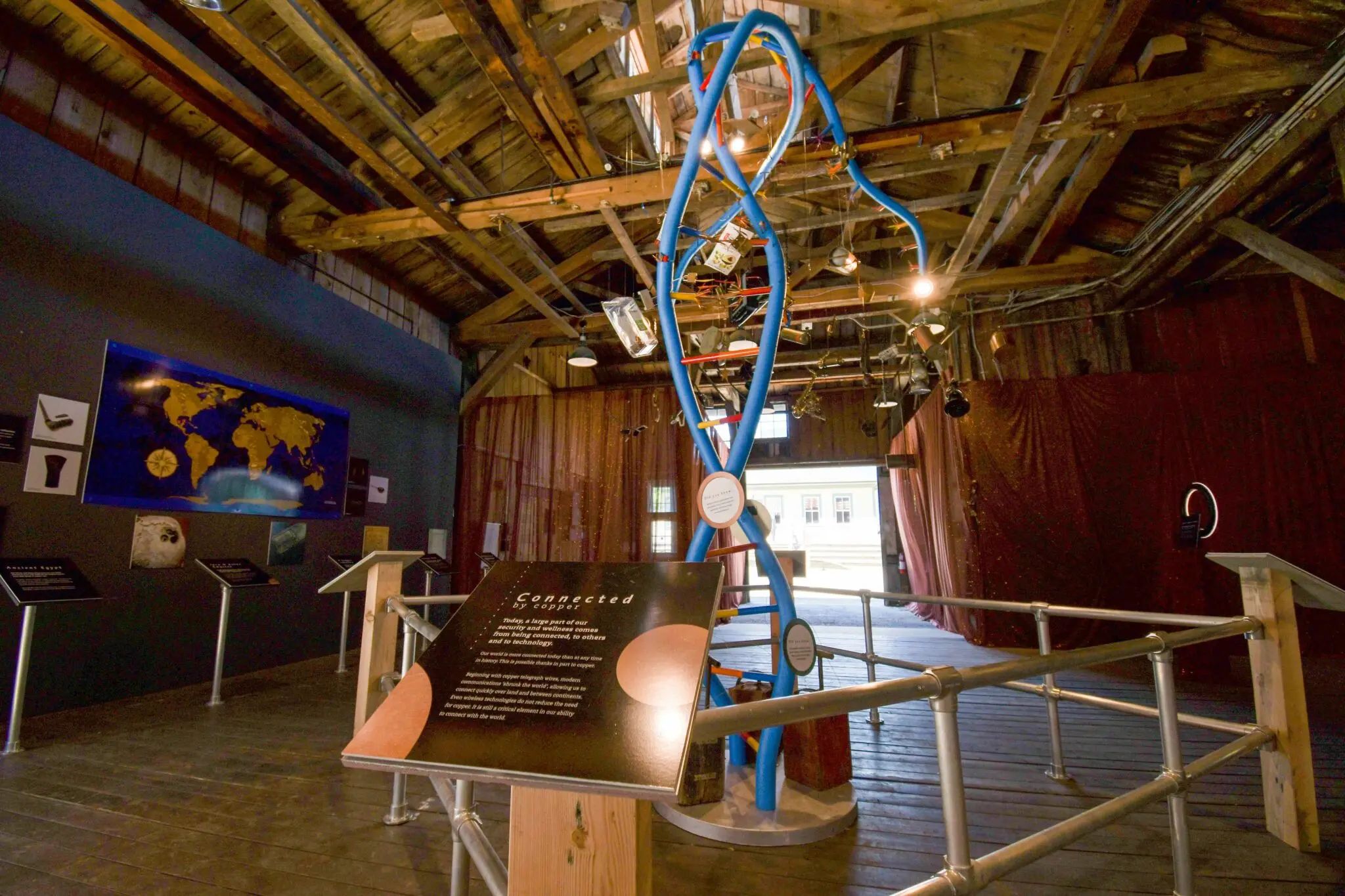
At the same time, the Museum’s Terralab STEAM learning education space will also run “The Chemistry of Cleanup” sessions at 2 p.m. on Fridays to Mondays, showing visitors a replicated process of the EPCOR Britannia Mine Water Treatment Plant. The water treatment plant is part of the Museum’s environmental remediation, using natural materials to filter minerals in the water, due to the naturally occurring acid rock drainage when minerals in exposed rocks react with oxygen and rainwater. The treatment plant then neutralizes surface water runoff collected from the area, resulting in clean water flowing into Howe Sound.
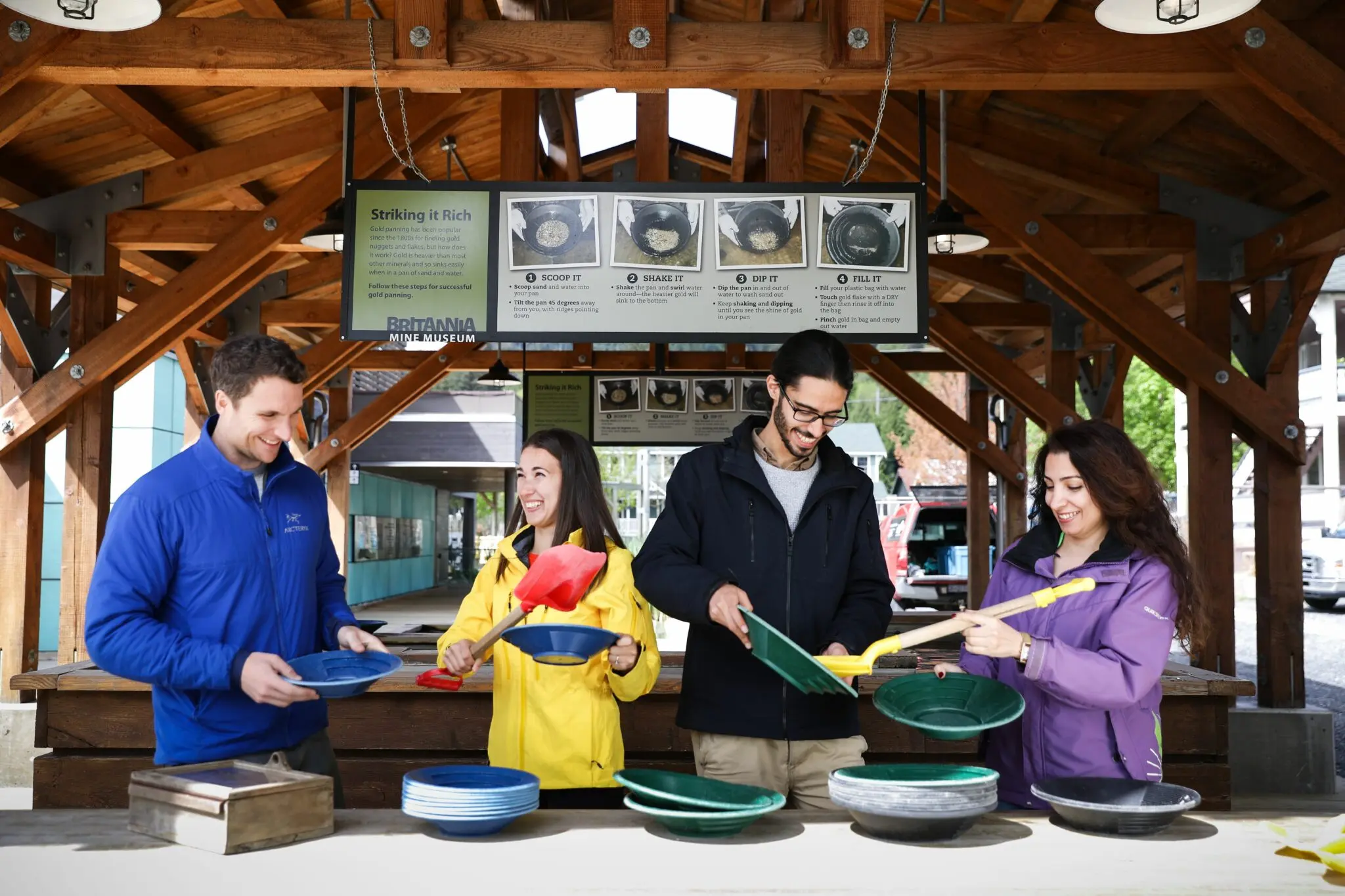
The Britannia Mine Museum is open to the public seven days a week with appropriate COVID-19 safety measures and procedures in place. This includes enhanced staff training, smaller bubble tour sizes, advanced ticketing and reservation required, accommodating appropriate physical distancing, and implementing site sanitation protocols.
The Britannia Mine Museum was established in 1974 as a non-profit organization to celebrate the contributions of mining and minerals to society, the history of the storied Britannia Beach community and the ideas and practices of environmental renewal and sustainability.
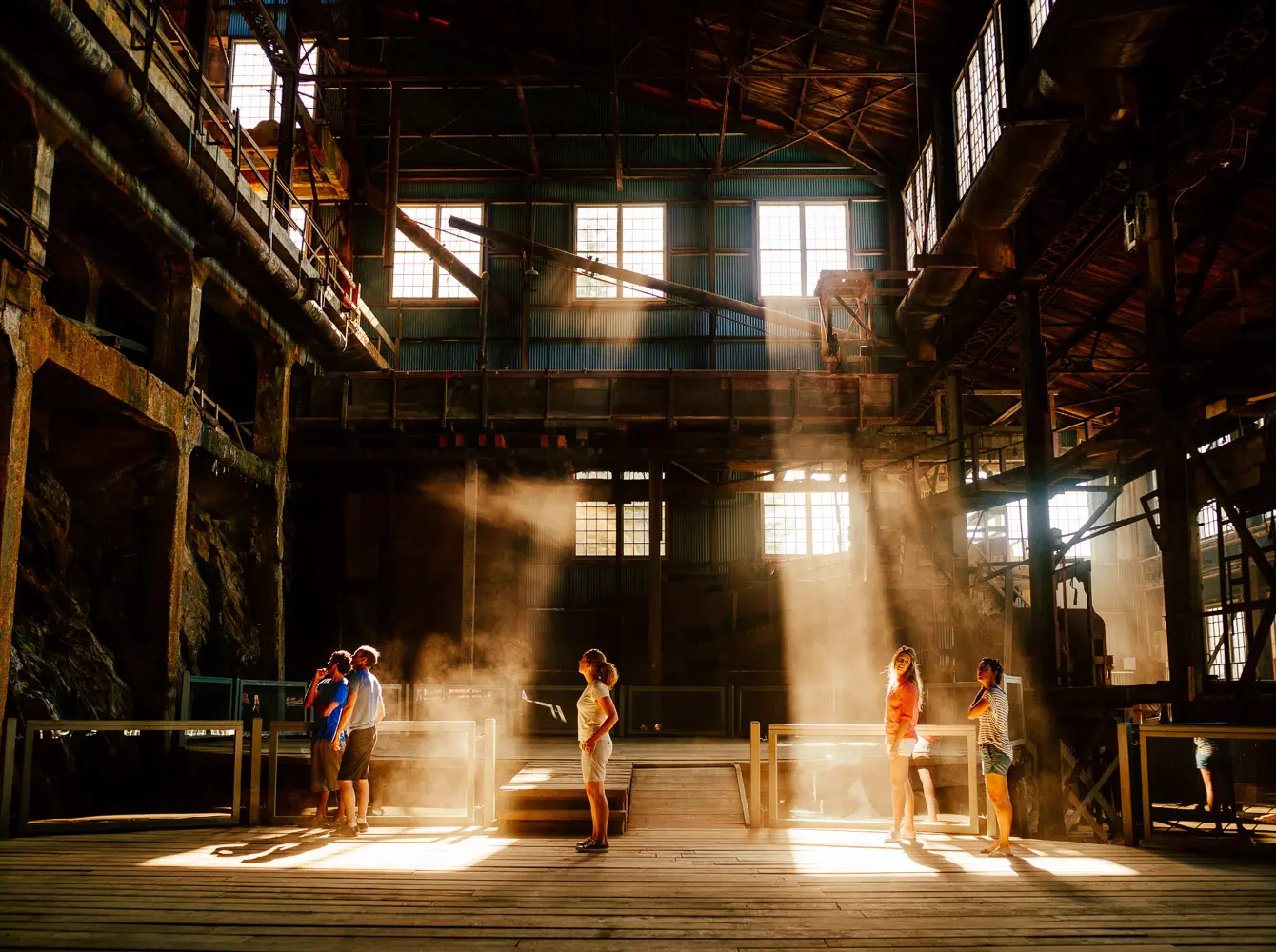
Today, the Museum is multi-award winning and highly regarded, consistently receiving 4.5 stars (out of a possible 5) on TripAdvisor. It provides visitors with a unique blend of experiences, serving as a tourist destination, an adventure attraction and an education venue that allows guests to leave with a better understanding of mining in BC: its past, present and future.
The Museum is encouraging everyone to practice safe COVID-19 protocols including frequent hand washing, physical distancing and staying at home if you are sick.
Check the Museum’s website for specific tour times and to purchase tickets in advance.
About Britannia Mine Museum:
The Britannia Mine Museum is a mining legacy site and a vibrant, internationally recognized education and tourist destination located between Vancouver and Whistler on the Sea-to-Sky highway. It is a National Historic Site and a non-profit organization encouraging mining awareness through entertaining, experiential education programs and exhibits, important historic collection preservation and insightful public engagement that allows guests to leave with a better understanding of mining in BC; past, present and future. www.britanniaminemuseum.ca
Twitter: @BritanniaMine Facebook: @BritanniaMineMuseum Instagram: @BritanniaMineMuseum
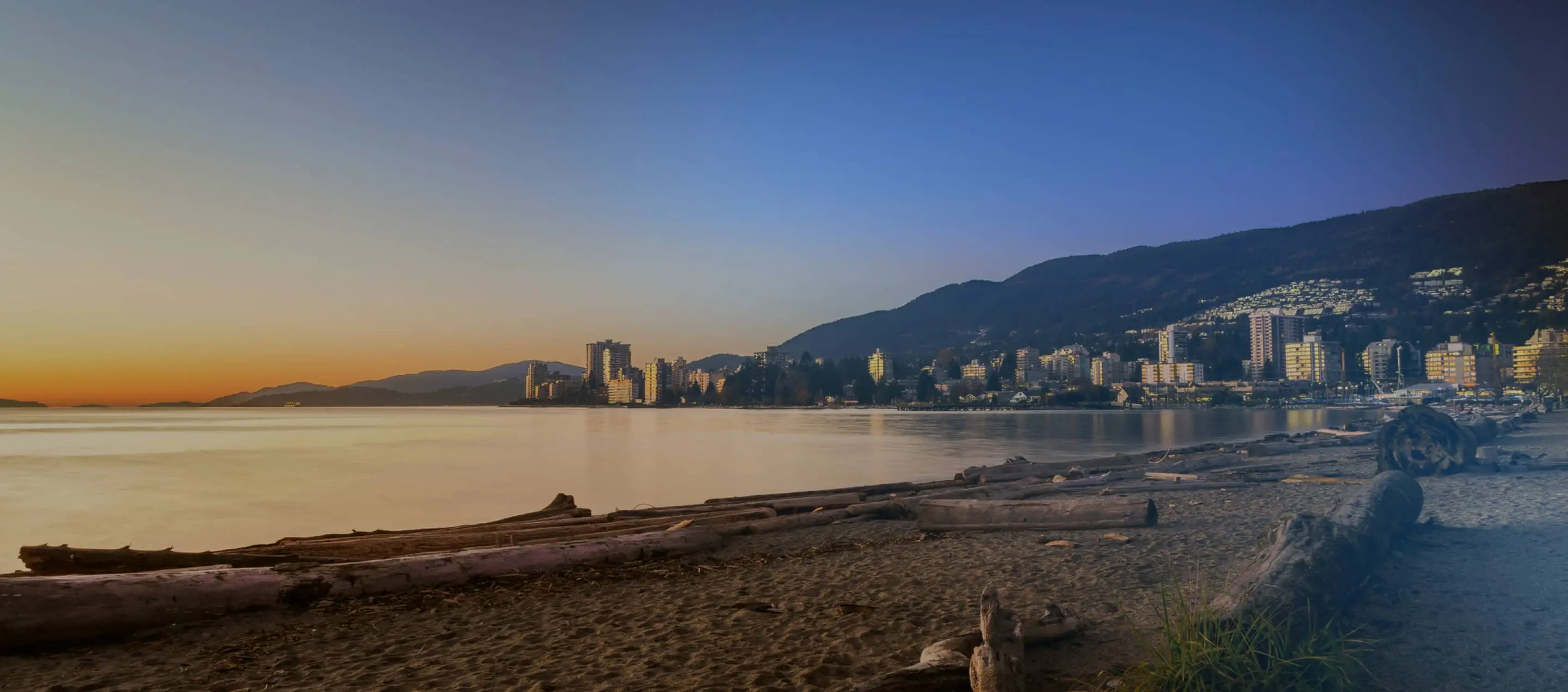
Craving
culture?
Get
ideas.